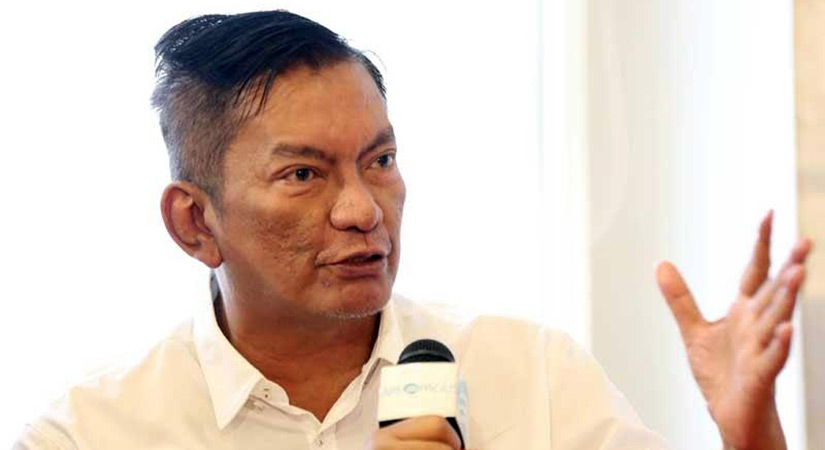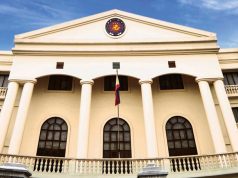
THE chairman of the House Ways and Means committee is proposing to amend the Corporate Recovery and Tax Incentives for Enterprises (CREATE) law to address conflicting provisions regarding the value-added tax (VAT), among others.
“This reform aims to reconcile the disparities between the CREATE Act and its implementing rules and regulations, primarily on VAT-related transactions,” Albay Rep. Jose Ma. Clemente S. Salceda said in a Ways and Means hearing on Tuesday.
“The Department of Finance’s (DoF) changes to the implementing rules and regulations were okay, but they placed a conditionality with respect to the refund system. We took that as an opportunity to further enhance our incentive system,” he added.
Mr. Salceda said he filed the “CREATE MORE” bill on Aug. 29. On Sept. 8, the DoF submitted its comments on the proposal. The Board of Investments (BoI) likewise submitted initial comments.
Under the draft substitute bill, the corporate income tax (CIT) rate for the enhanced deduction regime will be set to 20%, from 20-25% previously.
“Essentially, now for those after the 10-year transitory period or new entrants after expiry of the income tax holiday, if you choose enhanced deduction, instead of 25% as CIT on taxable income it will just be 20%. It will be lower than the gross income earned (GIE). We are definitely biased towards enhanced deductions because we want performance,” Mr. Salceda said.
The proposal also places the enhanced deduction for power costs at 200% from 150% previously.
“It’s a way of reducing your power costs by financial engineering. If you’re paying P6 or P4 (per kilowatt-hour), then it will be deducted from taxable income at P8,” he added.
It also allows enhanced deductions for expenses related to trade fairs, missions, or exhibitions of 200%, from 100% previously.
Meanwhile, Mr. Salceda also noted that local taxes of registered business enterprises (RBEs) will be collected by investment promotion agencies from those granted income tax holidays (ITH) and enhanced deductions.
“For those under ITH, your host local government units are providing services (for which) of course they will ask for some form of (payment). Right now, it’s between 1-2%. It will be the IPA (that will) collect and distribute (the proceeds). It will be simplified, no need to contact the LGU,” he said.
“Our only problem is those approved by BoI that are not within the Philippine Economic Zone Authority (PEZA) or the Clark Development Corp. zones. (For those cases) we are asking the BoI to merely appoint BIR to collect,” he added.
“For those that are BoI-registered… the LGUs will be allowed to waive their share under the law… Instead of 1-2%, we’re making it 1.5% (to) standardize national and local business tax to reduce any form of negotiation between LGUs and RBEs,” he added.
The proposal also seeks to “harmonize” VAT-related issues.
“We are replacing the ‘directly and exclusively used’ condition (for transactions to qualify for VAT exemption) with ‘directly attributable (to export operations)’, which is I think acceptable to most chambers,” Mr. Salceda said.
It also empowers the President to grant incentives, “thereby allowing the motu proprio grant of incentives packages.”
“The President is allowed by this law to match any package that will be offered by any of our competitors,” he added.
The proposed amendments also allow the Fiscal Incentives Review Board to grant VAT-zero rating and VAT exemptions to domestic market enterprises with investment capital of over P500 million. — Luisa Maria Jacinta C. Jocson



